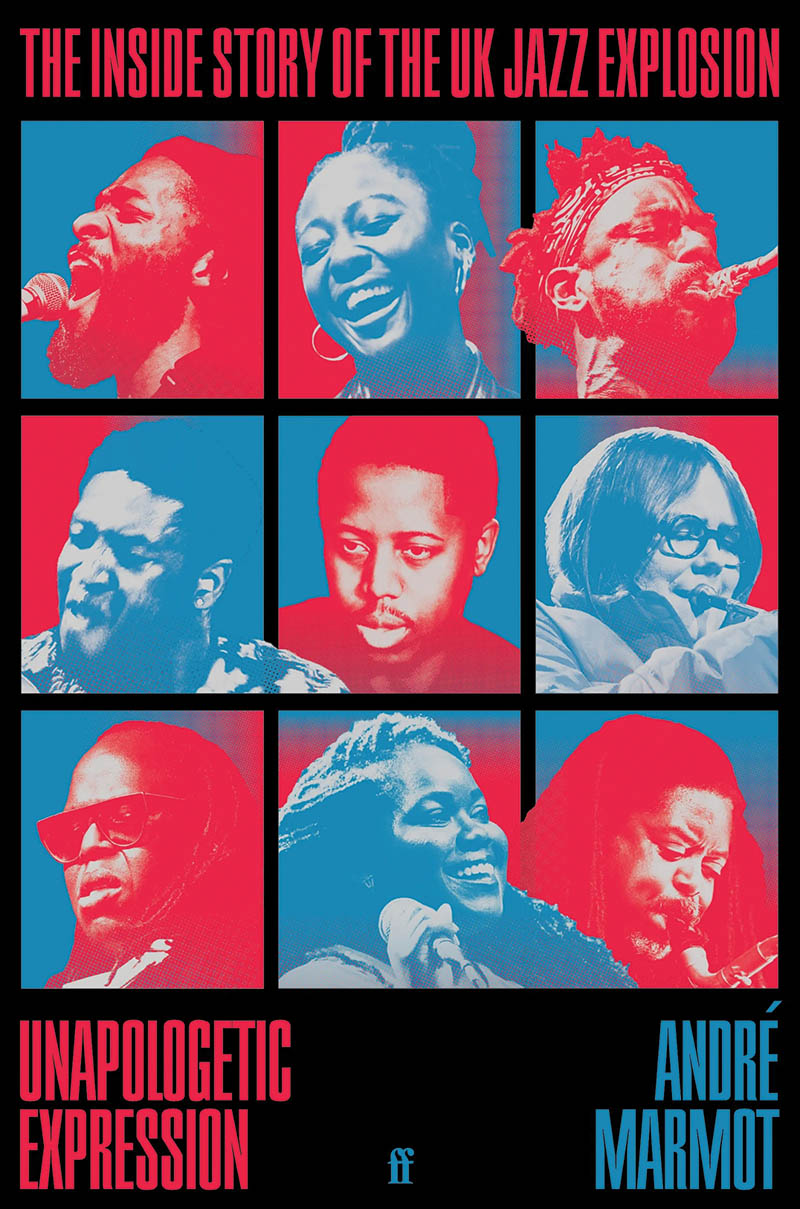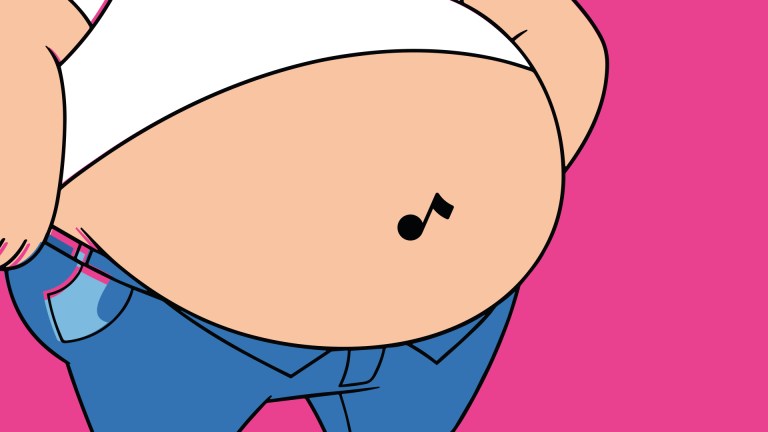Last year, when Ezra Collective won the Mercury Prize for their album Where I’m Meant to Be, it felt like the first time since the award’s inception that a win for the ‘token jazz’ nominee was not just likely but inevitable. The forward momentum of British jazz music had finally reached the point where its bearing on mainstream culture could no longer be ignored.
It’s not that prior nominees with jazz leanings were undeserving. I fell for the genre aged 11, watching Courtney Pine perform a track from his album Modern Day Jazz Stories at the Mercurys on TV in 1996, but it’s hard to imagine a group like Ezra Collective drawing huge crowds at Glastonbury a decade ago, or indeed a jazz-centric festival like We Out Here becoming one of the hottest tickets of the summer.
Get the latest news and insight into how the Big Issue magazine is made by signing up for the Inside Big Issue newsletter
Courtney Pine, along with members of Ezra Collective, are among 86 important figures in the scene to give their account of the ascent of UK jazz in a new book by André Marmot, Unapologetic Expression: The Inside Story of the UK Jazz Explosion. Marmot is well placed to speak on this subject; as a booking agent for the nine-piece jazz and afrobeat group Nubiyan Twist and many other notable acts, he has watched this story unfold from the inside. Rather than employing just his own perspective however, Marmot has assembled many voices in this book, building an oral history from interviews with musicians, promoters, label bosses and DJs, and creating something which is closer to folklore than academia.
“I’m old enough to remember the time in the mid-90s where if you said you were into jazz people would look at you disdainfully and say ‘niiiiiiiiiice’; this sketch from the The Fast Show which basically made out like all jazz lovers were super uncool, pretentious out of touch middle-aged white dudes.” Marmot tells me. “Of course this wasn’t true, even at the time, but it helped reinforce a general perception. But then in early 2019 there was a Vice article called ‘The Nu-Jazz Lad’, all about people who pretend to be into jazz in order to get girls, because by that point jazz was apparently so self-evidently cool. I just thought this was an amazing cultural shift, and those two media moments seemed to frame it nicely. The question was: how did jazz become cool again, and then how did it ever become uncool in the first place?”
- Sam Delaney: ‘I thought I was too good for my local jazz club. Not any more’
- How Manchester became the UK’s jazz capital
The process of trying to answer those two questions sees Marmot reaching back towards the roots of jazz itself, incorporating the Windrush generation and the effects of Caribbean and African migration not just on the UK music scene but on the country as a whole. During his research he encountered “appropriation, ownership, identity, social media, changes in the recording industry, the relationship between the music and the politics… there are a lot of ideas in there!”










